Reimagining green teaching in early years educare. A review of Green Teaching: Nature Pedagogies for Climate Change and Sustainability by Claire Warden (2022, London: Sage)
Back to Norland Educare Research Journal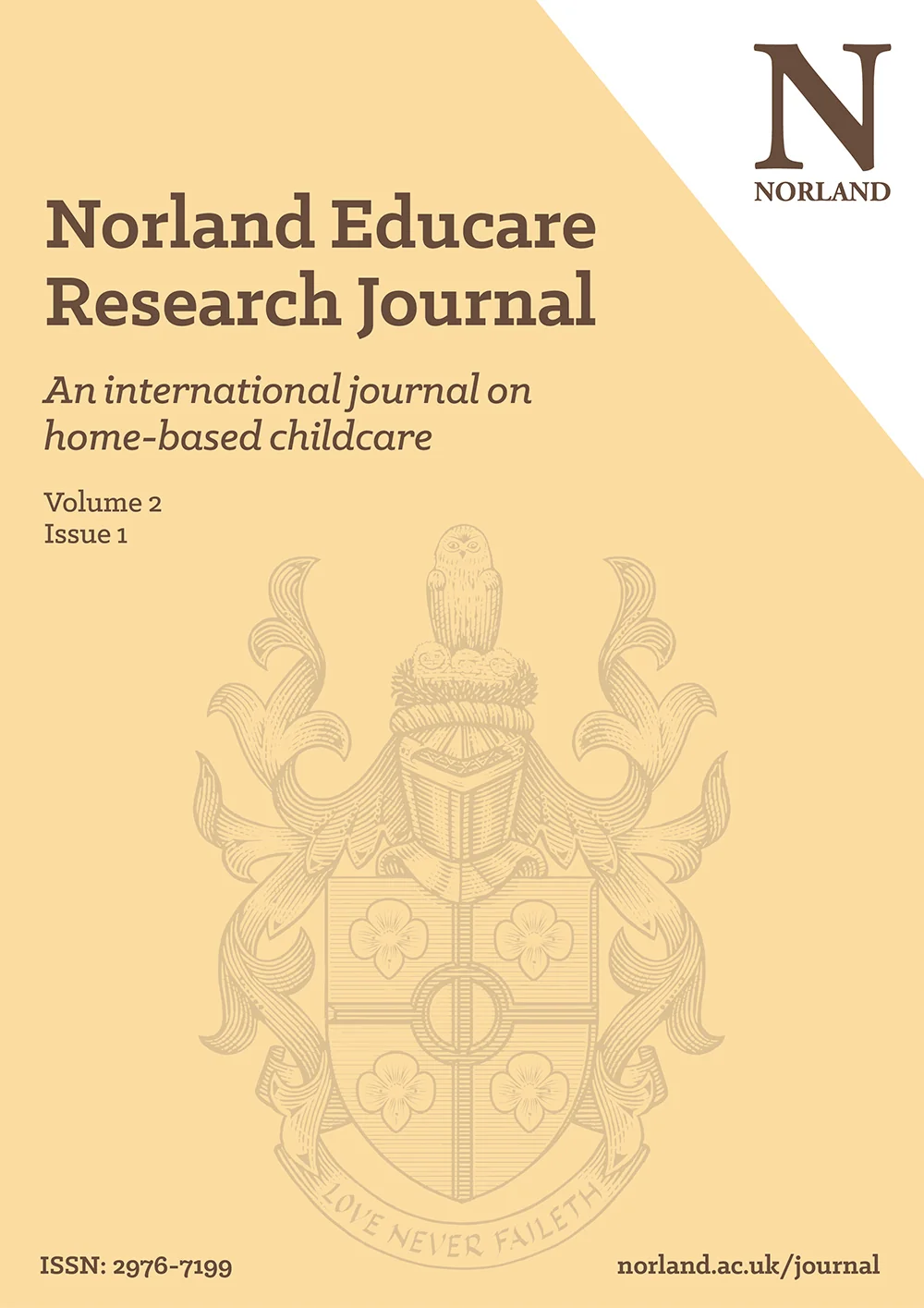
About the journal
Read more about the journalEditorial board
View our editorial boardJournal policies and ethics
View our policies and ethicsPeer review process
View peer review processInformation for readers
Read our information for readersInformation for authors
Read our information for authorsCall for papers
View our call for papersTerms and conditions
View terms and conditionsClaire Warden’s newest book offers an educational contribution to the increasingly urgent issues around the sustainability of humans and the needs of the planet. Internationally recognised as a pioneer in educational thinking, Warden is acknowledged for her original contributions in the field of nature pedagogy, a pedagogical approach that seeks to respect and support the rights of children and the planet with dual importance. The book aims to influence a societal shift in the perception of the role of the natural world in the education of humans by arguing a way forward for early years practitioners and primary educators to embed green teaching and nature-based pedagogy in practice and transform teaching with young children. More specifically, Warden encourages those working in the early years sector to re-evaluate the dominant ergocentric way of thinking, whereby we view ourselves as separate to the natural world, and to adopt a more ecocentric way of thinking, whereby the needs of the natural world are placed at the heart of decisions when planning for play and learning.
The practical guidance provokes self-reflection on issues such as what kind of planet we will leave for our children, and, arguably more importantly, what kind of children we will leave for the planet. It acts as a reminder that engaging with the environment can only be achieved when there is a balance of child-led, adult-led and environment-led moments. Furthermore, it empowers educators to make all decisions with the benefit of future generations in mind by offering a perspective that is within reach for every educator across the world. For example, the way in which the author bridges theory and practice through imagery, stories and experiences in case studies supports the reader to implement this decision-making in their practice. In addition, the chapter on values and principles encompasses a wealth of concepts applicable to professional practice and therefore will appeal to students who are seeking to establish their own childcare philosophy.
Within the main topic area of nature pedagogies, there is little research that explores unobservable moments of being with nature. However, Warden overcomes this by exploring the unobservable sense of being with the natural world through relational pedagogy. Furthermore, to date, nature-based research has grown from a Western, largely Nordic foundation, and thus lacks global representation. The author strives to be more inclusive within her work and draws on the work of indigenous researchers, something which Western academic publications have largely failed to do thus far. While the author has contributed unique perspectives to the field of nature pedagogy, it could be argued that her conclusions on the long-term impact of the global Covid-19 pandemic on society’s transformation to an interdependent biological community are over-exaggerated. For example, the Office for National Statistics (2021) agreed that lockdowns propelled us to find a new appreciation for our natural surroundings but emphasised that it is too early to know whether this attitude will be a temporary trend, or a new way of life.
In conclusion, this book not only makes a valuable contribution to the literature in this discipline, but provides a unique perspective by exploring the unobservable elements of the natural world, and it achieves diversity by placing the work of indigenous researchers alongside that of research from the West, something which thus far has not been achieved in this line of academic inquiry. I would highly recommend this book to any student who is striving to reimagine their practice as one which incorporates nature pedagogy and who wishes to play their part in shaping a sustainable world for all future generations.
References
Office for National Statistics (2021) How has lockdown changed our relationship with nature? Available at: https://www.ons.gov.uk/economy/environmentalaccounts/articles/howhaslockdownchangedourrelationshipwithnature/2021-04-26#:~:text=Around%209%20in%2010%20people,since%20the%20coronavirus%20restrictions%20began (Accessed: 12 December 2023).
* Jessica Hine has recently completed her BA (Hons) in Early Years Learning and Development and Norland diploma at Norland. Jessica is currently working as a nanny.
Related articles
Front matter and content page: Norland Educare Research Journal
The Norland Educare Research Journal is an international double-blind peer-reviewed journal, published annually, online only. It is an open access journal, offering free-of-charge publication to researchers and authors, and free...
Editorial — Revisioning and reforming educare in the 21st century: the synergetic confluence of professional innovative practices and scientific evidence
This issue of the journal presents a collection of papers which bring to the fore critical issues about young children’s educare. In an interview conducted by Janet Rose, the Principal...
Useful links and information for the Norland Educare Research Journal
About the journal
Read more about the journalEditorial board
View our editorial boardJournal policies and ethics
View journal policies and ethicsInformation for readers
View information for readersInformation for authors
View information for authorsCall for papers
View call for papersTerms and conditions
View terms and conditions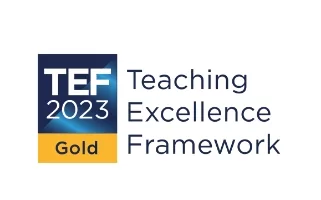
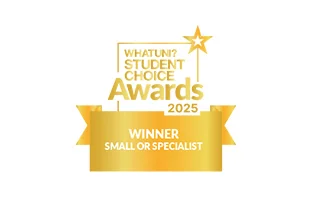
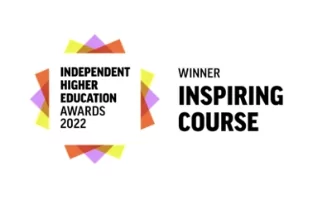
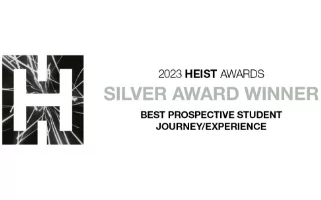
Translate this page